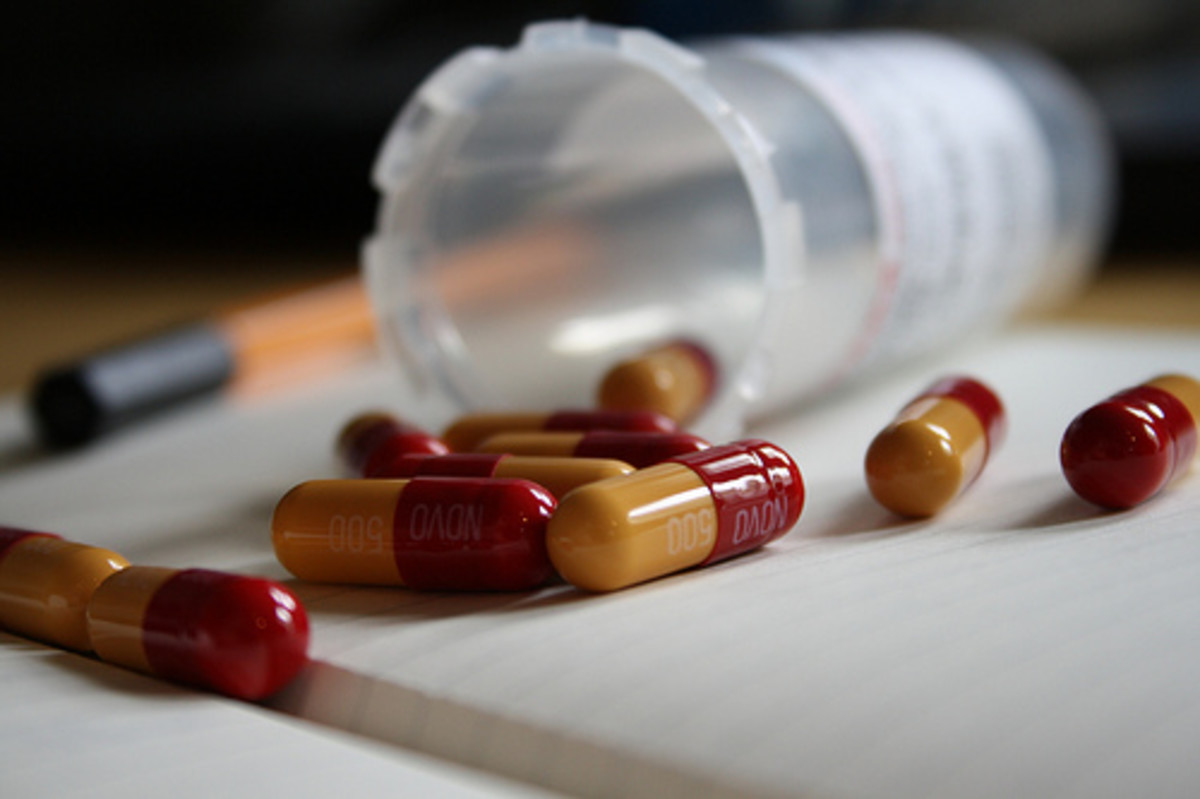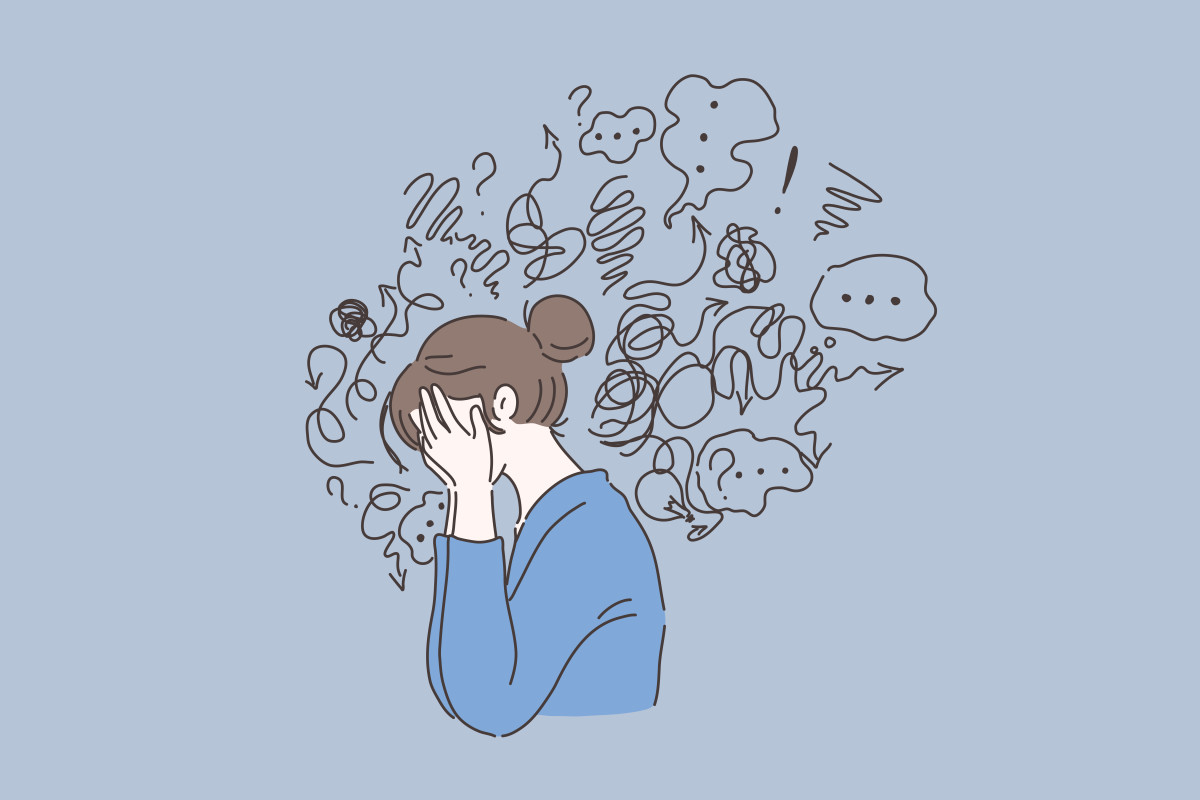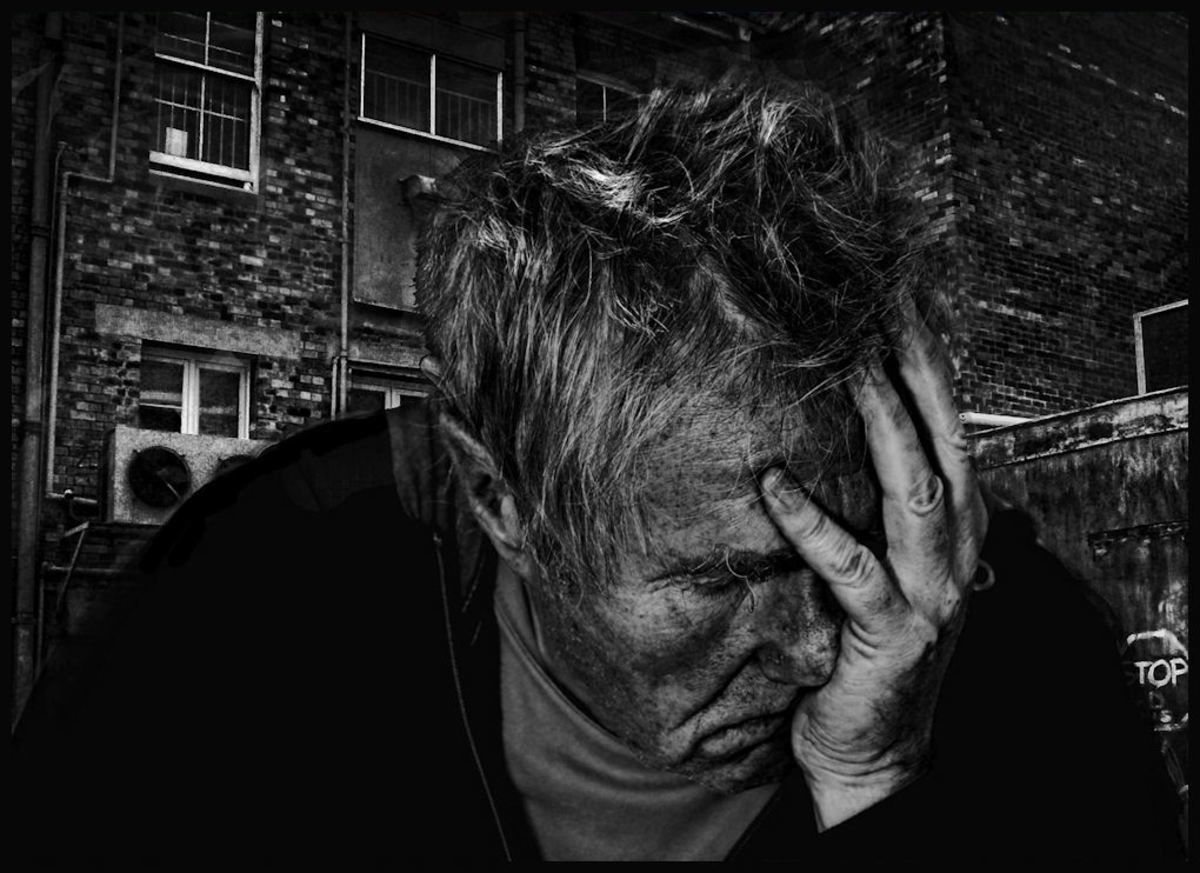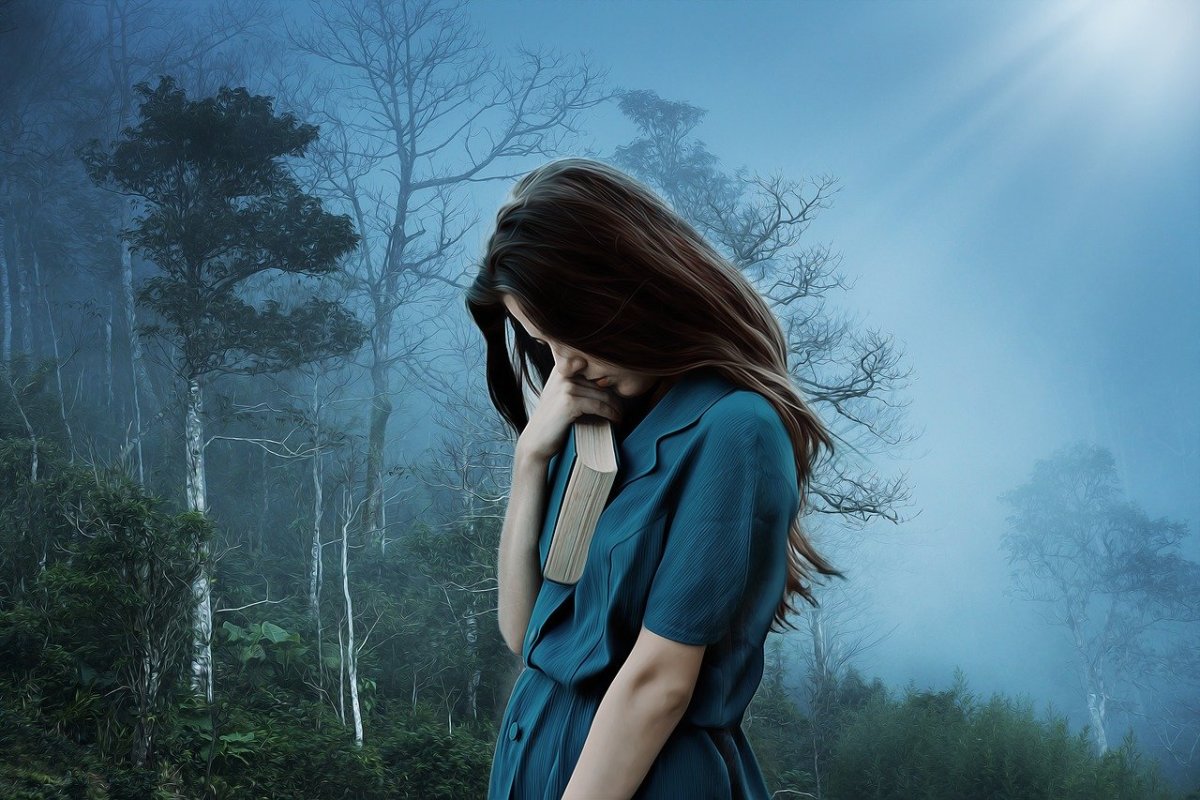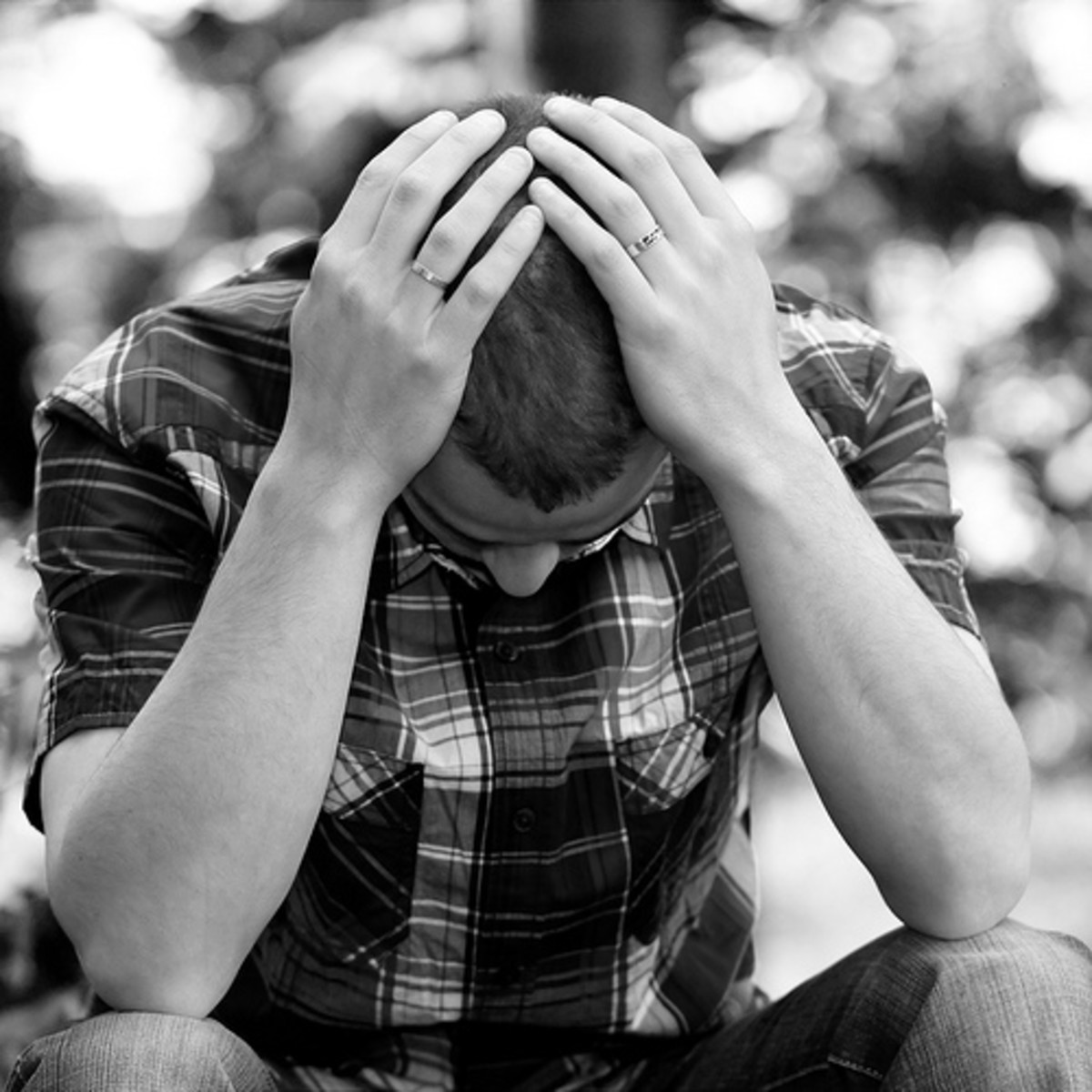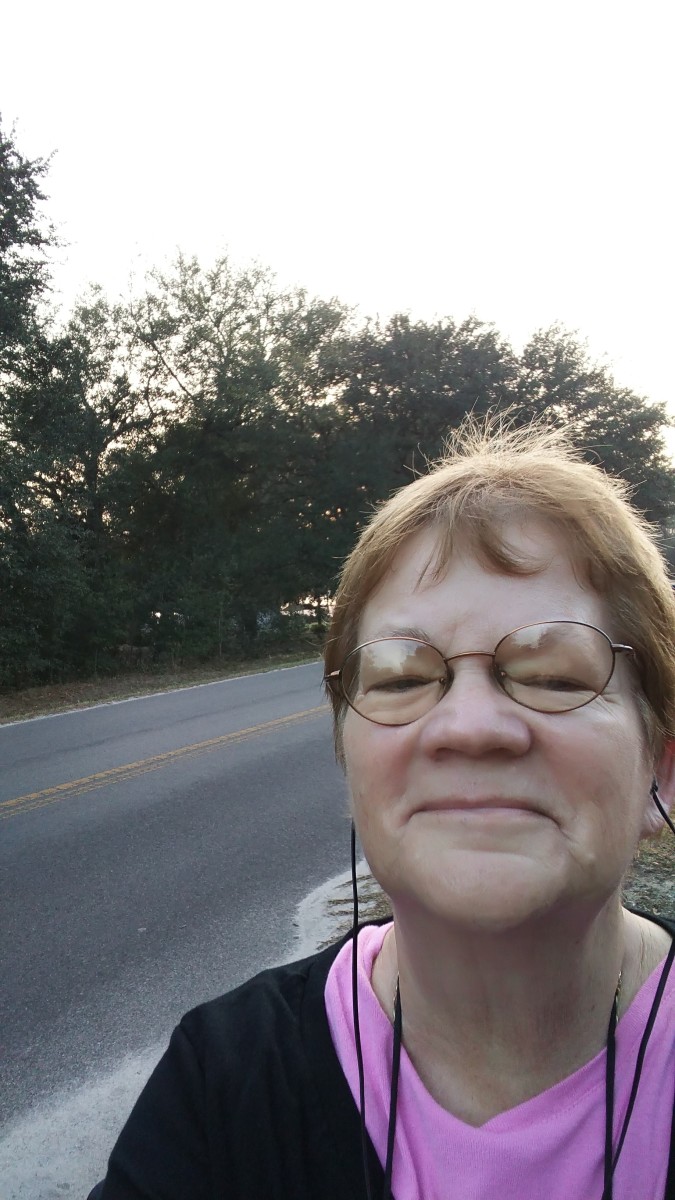Choosing Your Own Depression Treatment
My Cure For Depression

Depression
Depression - According to the DSM-IV-TR, a person with depression must experience five of nine of these symptoms: depressed mood, reduced level of interest in normal activities, a ”considerable” weight loss or gain, insomnia or hypersomnia, agitated or slowed down behavior, fatigue, thoughts of uselessness, diminished ability to think or concentrate, or suicidal thoughts.
Depression affects nearly 20 million people in the United States, and affects women more than men. Because of the stigma involved in depression the numbers could be much higher than this. Most Americans think of depression as “feeling blue” or just being sad. It is more than that. It is a feeling that just doesn’t go away on its own. There needs to be at least one form of treatment.
Depression is a treatable condition. Only about 10 – 20% of people who have depression actively seek treatment. There are many different forms of treatment available – medication and different forms of therapy. It is usually suggested that people get medication and therapy. Usually cognitive behavior therapy is suggested.
I was diagnosed with depression close to a year ago. It was about a year after my mother died and I just thought that I was just really taking her death hard. While that was true, it was also much more than that. I went to my doctor who prescribed medication and referred me to a therapist. While talking with my therapist, I discovered that I had been suffering from depression for at least a few years. It probably started in the last few years of my previous marriage. Usually depression begins or is made worse by a trigger in your life, such as the death of a loved one or a bad divorce. It can also be brought on by abuse in a relationship – and the last fifteen years of my first marriage was very emotionally abusive.
Medication has helped in my case. Sometimes I still have the feelings of depression – especially the insomnia and the agitated feelings. That’s when I seek out my therapist. She has helped me work out those feelings and has given me tricks to use when the feelings are at their worst.
I also started exercising more and started taking yoga classes. When I take a walk or go swimming, the thoughts of depression just go away – at least for a little while. Yoga helps me to meditate and make me think about good things – not the bad things. It also helps me to lose weight – which is also something that depresses me.
One of the things that helps me most with my depression is spending time with my grandchildren. They make me concentrate on them and not on the problems I imagine I have. Playing with them bring me joy. It shows me that my life is worth living and gives me hope for my future and for theirs.
The bottom line is this: if you have feelings of depression – seek help. The help is out there and it works. Medication and therapy don’t take away all of the issues and feelings. But it does take away the harshest parts of it. Finding something that interests you keeps your mind busy and gives you something to do other than thinking about all of the issues you have or think you have.
Find the help you need. You are worth it!
DSM-IV-TR Definition of Depression
A. The person experiences a single major depressive episode:
- For a major depressive episode a person must have experienced at least five of the nine symptoms below for the same two weeks or more, for most of the time almost every day, and this is a change from his/her prior level of functioning. One of the symptoms must be either (a) depressed mood, or (b) loss of interest.
- Depressed mood. For children and adolescents, this may be irritable mood.
- A significantly reduced level of interest or pleasure in most or all activities.
- A considerable loss or gain of weight (e.g., 5% or more change of weight in a month when not dieting). This may also be an increase or decrease in appetite. For children, they may not gain an expected amount of weight.
- Difficulty falling or staying asleep (insomnia), or sleeping more than usual (hypersomnia).
- Behavior that is agitated or slowed down. Others should be able to observe this.
- Feeling fatigued, or diminished energy.
- Thoughts of worthlessness or extreme guilt (not about being ill).
- Ability to think, concentrate, or make decisions is reduced.
- Frequent thoughts of death or suicide (with or without a specific plan), or attempt of suicide.
B. Another disorder does not better explain the major depressive episode.
C. The person has never had a manic, mixed, or a hypomanic Episode (unless an episode was due to a medical disorder or use of a substance).”

